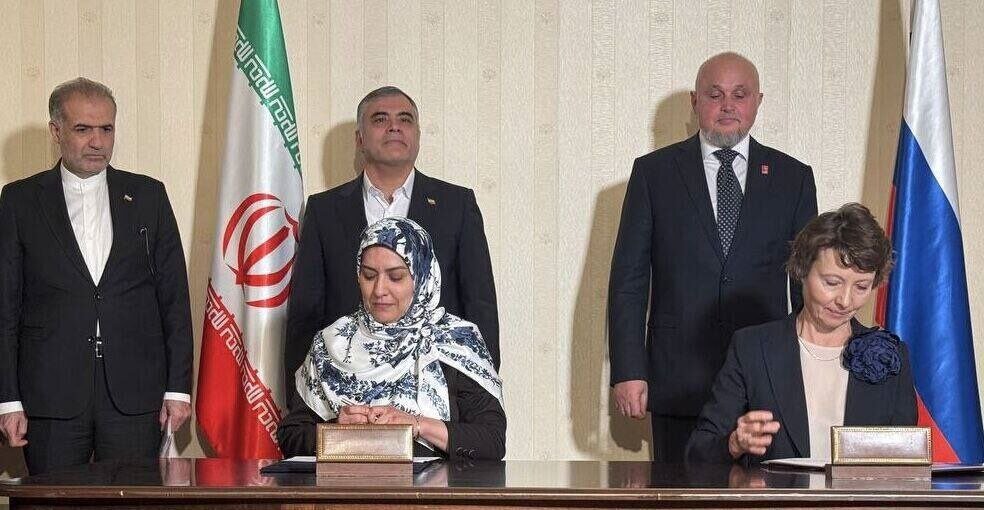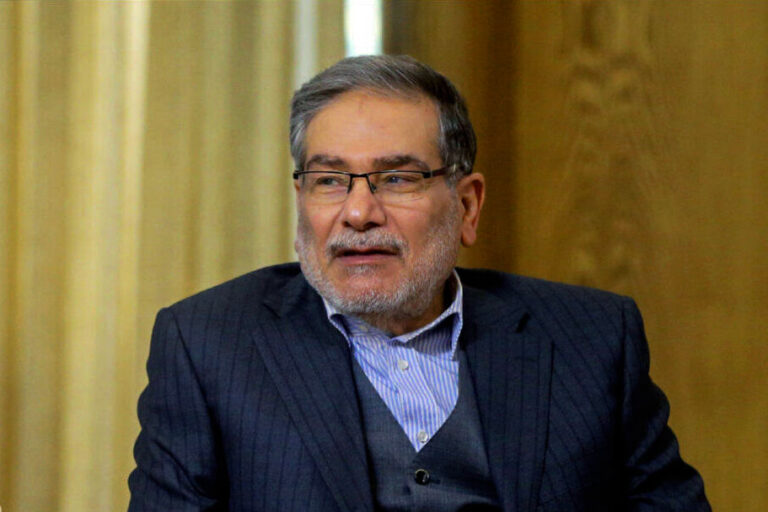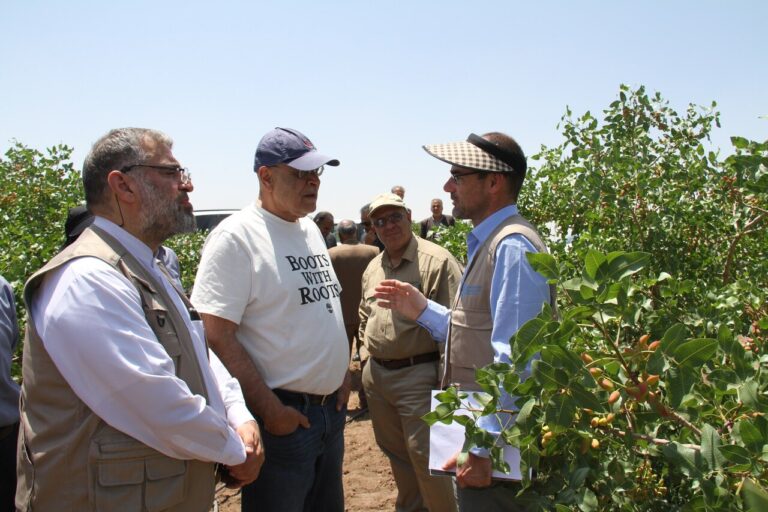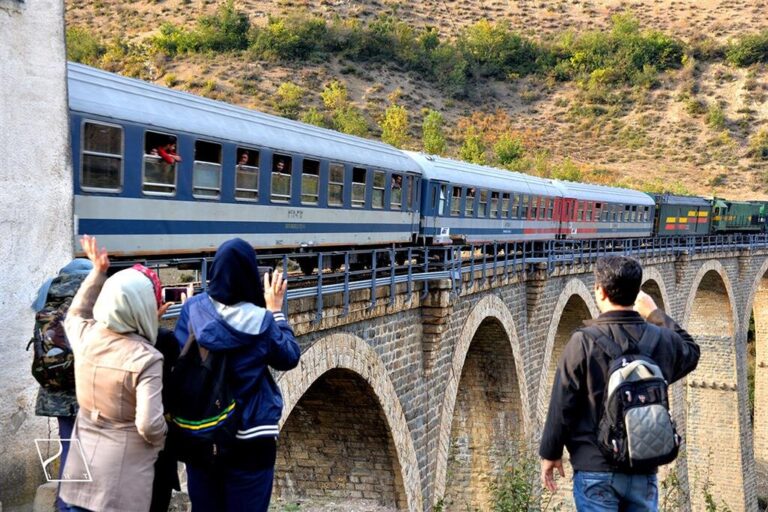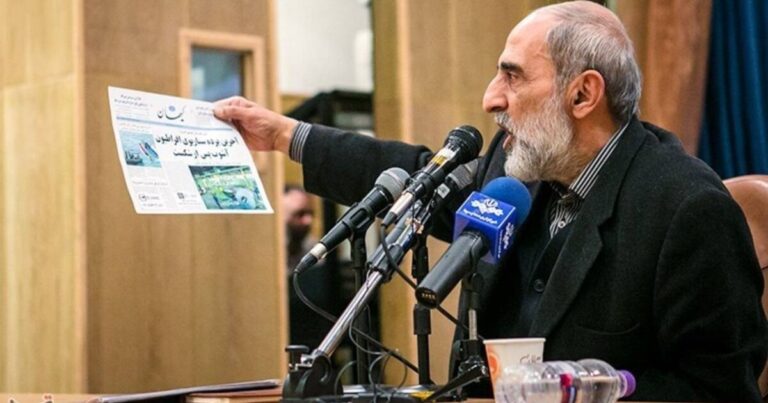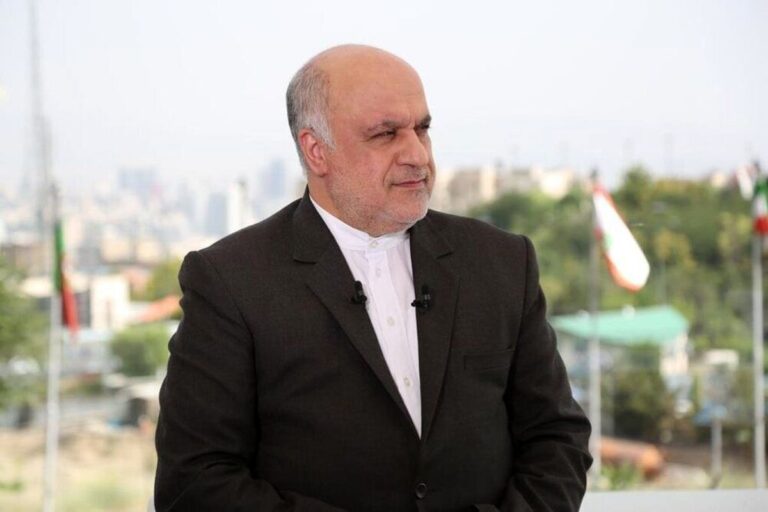Iran and Russia Forge Groundbreaking MOU on Cell and Gene Therapy Collaboration
In a significant development for scientific collaboration, the Pediatric Cell and Gene Therapy Research Center at Tehran University of Medical Sciences and the Hematological Research Center of the Russian Federation have formalized a partnership through a memorandum of understanding (MOU). This agreement aims to enhance cooperation in the fields of cell and gene therapy, marking a pivotal step in the advancement of medical research shared between Iran and Russia.
The MOU was officially signed on Friday in Russia by Maryam Behfar, a representative of Tehran University of Medical Sciences, alongside Elena Nikolaevna Parovichnikova, an official from the Russian National Research Center for Hematology. The ceremony was attended by key figures such as Iranian Oil Minister Mohsen Paknejad and Russian Energy Minister Sergey Tsivilev, as reported by IRNA.
This signing took place during the 18th Iran-Russia Joint Economic Committee meeting, which was held from April 22 to 24, aimed at fostering bilateral cooperation between the two nations.
The primary objectives of the signed MOU include:
- Expanding joint research initiatives focused on cell and gene therapy.
- Enhancing medical knowledge and expertise in both countries.
- Promoting science diplomacy to leverage each nation’s scientific capabilities.
According to the Iranian Oil Ministry, during the meeting in Moscow, Kazem Jalali, Iran’s ambassador to Russia, emphasized that the relationship between Iran and Russia is evolving into what he termed a “golden era” of cooperation. He mentioned the recent ratification of the Iran-Russia Comprehensive Strategic Partnership Treaty by the Federation Council and State Duma of Russia, underscoring the interdependence of the two nations in various sectors.
“We must take concrete steps based on a clear understanding of these mutual needs,” Jalali stated, reiterating the importance of collaborative approaches moving forward.
In alignment with this comprehensive strategic partnership, Iran and Russia are poised to enhance their collaboration within the health sector. This initiative was officially endorsed by Iranian President Masoud Pezeshkian and Russian President Vladimir Putin during a ceremony in Moscow on January 17.
The agreement entails several forward-looking measures, including:
- Establishing a permanent joint committee to oversee health sector collaborations.
- Launching a university network to facilitate educational exchanges.
- Organizing meetings among the presidents of prominent medical universities.
- Creating a platform to enable Russian students to study in Iranian institutions.
Under this strategic partnership, both countries aim to:
- Enhance the organization of state-run health systems and manage health sector activities.
- Focus on the prevention and treatment of communicable and non-communicable diseases.
- Protect maternal and child health.
- Establish regulations for the distribution of medicines and medical devices.
- Promote healthy lifestyle choices and conduct essential medical research.
- Utilize digital technologies within the healthcare system.
- Provide professional training for health experts.
The commitment to strengthening long-term and constructive relationships in higher education, science, technology, and innovation is a cornerstone of this partnership. Both nations plan to implement joint scientific and technical projects and encourage collaboration among educational and scientific institutions.
This significant MOU not only symbolizes a commitment to advancing health and medical research but also illustrates the growing ties between Iran and Russia in various sectors, paving the way for future collaborative efforts that could have a profound impact on healthcare and scientific advancements.
As both countries move forward, the emphasis on cooperation in health and medicine underscores the importance of shared knowledge and innovation in addressing global health challenges. The partnership is expected to leverage the strengths of both nations to foster advancements in medical science, benefiting both Iranian and Russian populations.
In conclusion, the recent MOU and the overarching strategic partnership signify a promising future for Iran-Russia relations, particularly in the realms of health and medical research. This collaboration aims to harness the capabilities of both countries to create a robust framework for scientific inquiry and healthcare improvement, ultimately enhancing the quality of life for citizens in both nations.
